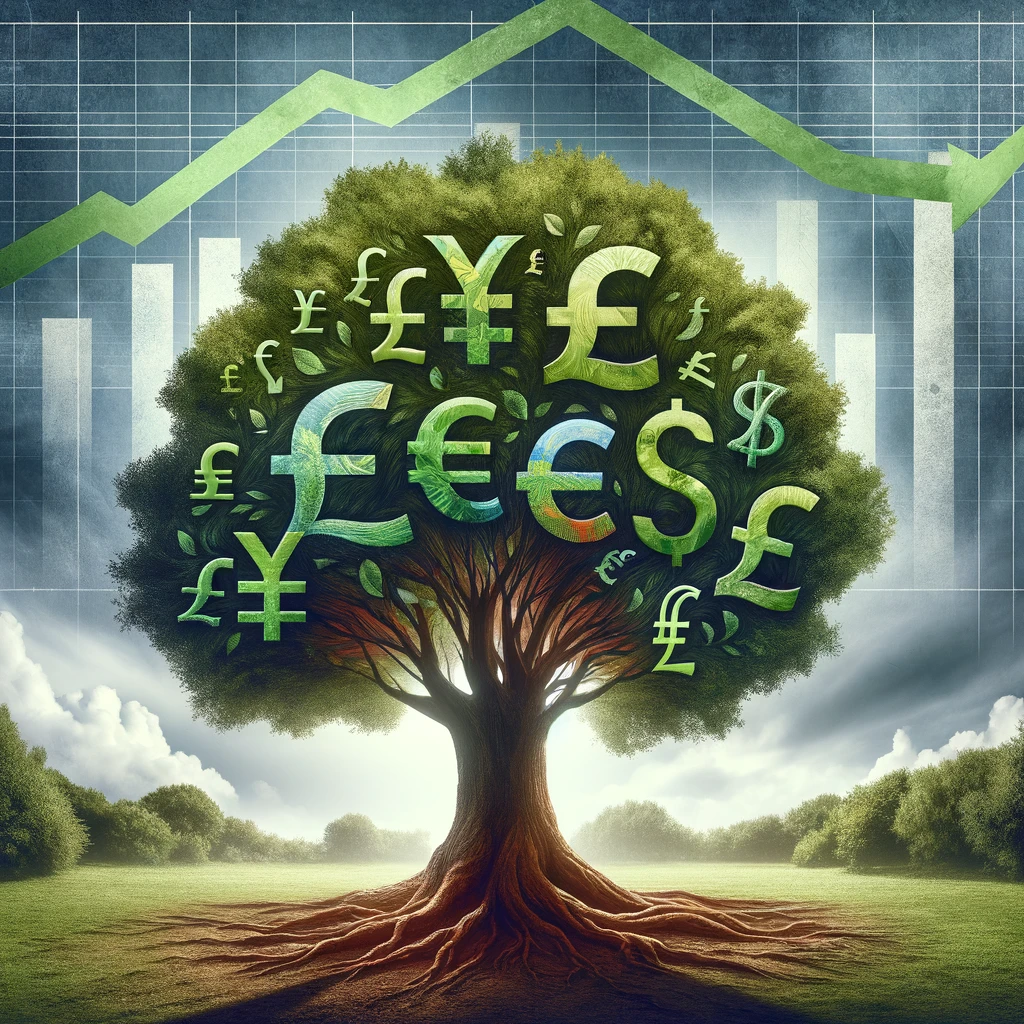In recent years, the sustainability sector has witnessed an unprecedented surge in investment. This momentum is driven by a confluence of factors, including heightened public awareness of environmental issues, policy incentives, and the financial sector’s recognition of sustainability as a critical element of long-term profitability.
Historical Context and Growth: The genesis of sustainable investment can be traced back to the socially responsible investment movements of the 1960s, which were primarily ethics-driven. However, it wasn’t until the late 20th and early 21st centuries that a robust link between sustainability and financial performance was established, laying the groundwork for the current investment landscape.
In the past decade, the acceleration of climate change, resource depletion, and social inequalities has sparked a global conversation on sustainability. This has led to the integration of Environmental, Social, and Governance (ESG) criteria into investment analysis and decision-making processes. The financial sector has begun to recognize that companies prioritizing sustainability are poised to thrive amidst tightening regulations, changing consumer preferences, and the physical impacts of climate change.
Market Dynamics: Investors are increasingly attracted to the sustainability sector for its potential to mitigate risk and generate long-term returns. Sustainable investments are growing due to their alignment with global trends such as renewable energy adoption, circular economy practices, and sustainable agriculture.
Moreover, there has been a noticeable shift in investor demographics. A younger, more environmentally conscious generation is beginning to shape investment patterns, favoring companies with strong sustainability credentials.
Continued Growth and Trends: The sustainable investment market is bolstered by the ongoing development of green technologies and a robust regulatory framework that encourages sustainable practices. Additionally, international agreements like the Paris Accord have solidified the commitment of numerous countries to transition towards a more sustainable economy.
Conclusion: Investing in sustainability is no longer a niche strategy but a critical component of a forward-thinking investment approach. The sector’s growth trajectory is supported by tangible economic drivers, alongside societal and environmental imperatives, making it an increasingly attractive arena for investors worldwide.
References:
